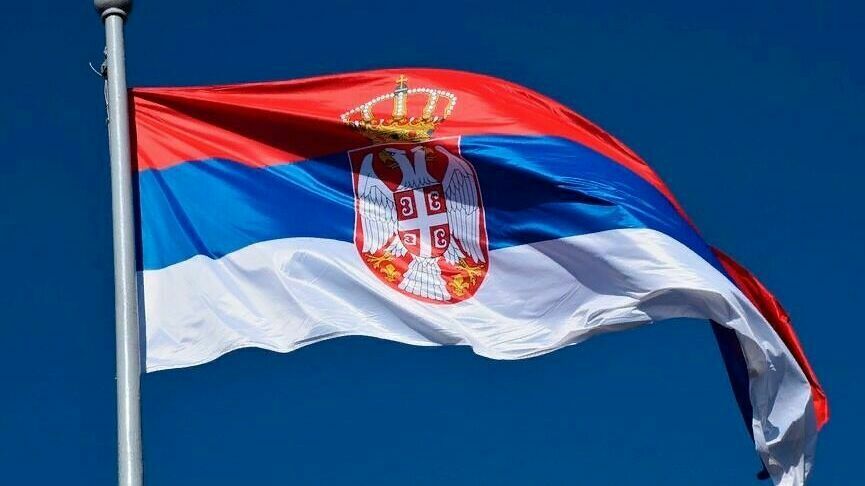Posted 15 марта 2023, 09:09
Published 15 марта 2023, 09:09
Modified 15 марта 2023, 09:59
Updated 15 марта 2023, 09:59

Neither ours nor yours: how Serbia balances between the West and Russia
Leonid Zlotnikov
The media and social networks note the appearance of unpleasant surprises that make Russia states that have been neutral towards it.
So, last week Turkey restricted the transit of goods on parallel imports to Russia, then India decided to adhere to the sanctions ceiling on Russian oil prices, and now the news has come from traditionally friendly Serbia.
Republican Economy Minister Rade Basta called for support of Western anti-Russian sanctions, RBC reports. According to him, Serbia "is already paying a high price for not imposing sanctions," and "this is becoming unbearable".
Basta's behavior reminded the analysts of the Kremlin Mamkoved channel of the behavior of the president of this country, Alexander Vucic:
"The fact is that Serbia's vector in the situation unfolding after the start of its own is relatively independent, if we compare it with the movements of neighboring countries. The Republic is playing its game, on the one hand, avoiding the direct introduction of anti-Russian sanctions, on the other hand, playing along with European colleagues who are fully in support of Ukraine..."
As an example, experts cite Serbia's supplies of humanitarian aid and equipment to Ukraine to maintain the country's energy system, but at the same time refusing to sell weapons. Serbia, although it does not impose sanctions, however, voted to suspend Russia's membership in the Human Rights Council (HRC) UN and so on…
This twofold behavior of the president is not liked by his Western colleagues. No wonder, back in the summer of 2022, Serbia's geographical neighbors disrupted Sergey Lavrov's visit to this country, not letting his plane through their airspace.
Analysts believe that this pressure is slowly undermining Vucic's position, so in early February he bluntly stated that he did not know how much longer the country's authorities would be able not to support restrictions on Russia. And now his words were exactly repeated by Minister Basta: "Belgrade pays a high price for refusing to impose sanctions." However, this time, he was attacked by a hail of criticism from the director of the Serbian Security and Information Agency Alexander Vulin, who demanded his resignation.
Thus, not everything is clear in Serbia, and it continues to balance between Russia and the West. Experts are sure that the situation with the situation of Serbs in Bosnia and Herzegovina, Montenegro and self-proclaimed Kosovo, as well as Serbia's interests in the Balkans as a whole, play an important role in this game.